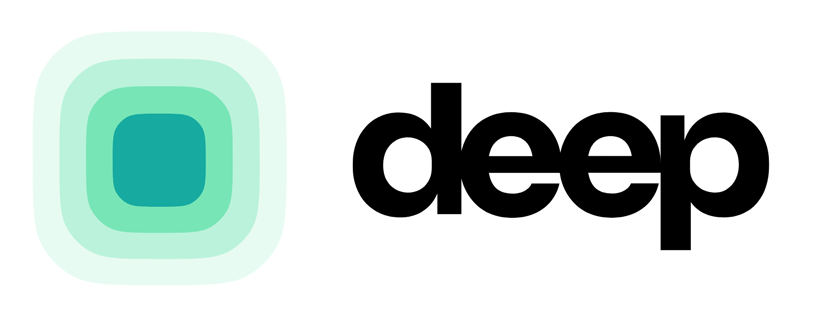Who we are
DEEP is a research consortium dedicated to exploring the foundations, challenges, and implications of digital transformation in Swiss primary schools. Comprised of seven universities, DEEP represents the institutional, disciplinary, methodological, and regional diversity of Swiss educational research. The École Polytechnique Fédérale de Lausanne (EPFL) and the Zurich University of Teacher Education (PHZH) jointly manage the DEEP Coordination Office, ensuring strategic and operational alignment. DEEP is part of the Jacobs Foundation's Education in Digitality initiative and complements other initiatives such as Chance Digitality, led by Staatslabor, and ProEdu. The research and transfer activities will be carried out in two four-year phases from 2024 to 2031.
